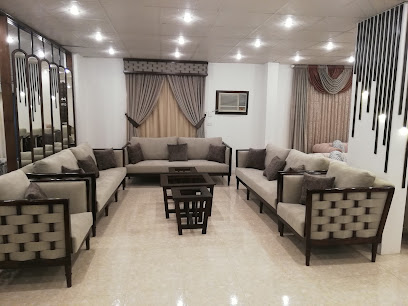Directory : Find All Locations in Saudi Arabia
Advertisement
Browse by Keyword, City or Neighborhood
Locations recently added
Address King Fahd Road – 71 – Dammam 32313 – Saudi Arabia
Address Samtah 86386 – Saudi Arabia – –
Address 776M+HF – Shaqra 15573 – Saudi Arabia –
Categories Shaqra Stadium – Saudi Arabia Stadium – Shaqra
Address King Fahd Rd – Assulimaniyah – Tabuk 47312 – Saudi Arabia
Categories Sofa store – Saudi Arabia Sofa store – Tabuk Tabuk
Address 954P+WMH – طريق – Sports City – Al Khobar 34233, Saudi Arabia
Address 8459+RXH – Al Qaisumah 39551 – Saudi Arabia –
Categories Al Qaisumah School – Al Qaisumah School – Saudi Arabia
Register your office in our database
You can customize your page with text and images to make it stand out in your area.



